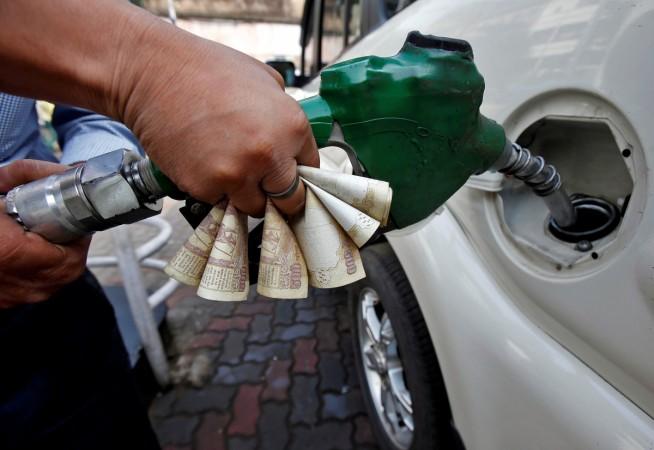
It could be just a matter of time before the price of petrol plummets to a considerably low level and the automobile industry collapses not because of excess in supply, but advancement in technology. That's what serial Silicon Valley entrepreneur and Stanford University economist and professor Tony Seba has predicted.
The American futurist, who rightly predicted solar power boom at a time when it was out of reach of the common man, has now claimed that the rise of self-drive cars will not only destroy the automobile industry, but also reduce the price of petrol drastically, to $25 a barrel in five years, which means a litre of petrol will cost only Rs 30.
Also read: Nvidia teams up with Bosch for self-driving car project: Top 5 challenges facing autonomous vehicles
"Oil demand will peak 2021-2020 and will go down 100 million barrels, to 70 million barrels within 10 years. And what that means, the new equilibrium price is going to be $25, and if you produce oil and you can't compete at $25, essentially you are holding stranded assets," Seba told CNBC.
"At $25 a barrel, that means deep-water, sands, shell oil, fields, most are going to be stranded, and also all the refineries and pipelines associated with these expensive oils are also going to be stranded. And that is going to reshape worldwide oil, geopolitics and so on," he added.
According to Tony Seba's website, the energy and transportation industries will kiss the grounds with exponential improvement in solar and electric vehicles, and self-driving cars in the next few years. He has claimed that by 2030 all new energy will be provided by solar or wind, all transportation vehicles will be electric and self-driving or semi-autonomous, car market will shrink by 80 percent and gasoline will be obsolete.
Seba has predicted that 80 percent of highways and parking spaces will not be needed, individual car ownership and taxi industry will be obsolete, and Car Insurance industry will be killed by technology-based disruption just like landline telephone, publishing, and mainframe computers have been over-thrown by cell phone, Internet, and personal computer.
Change is inevitable as many countries are inclining towards replacing petrol cars with electric cares but what many will question is the time it may take for the shift to happen. India aims to sell only electric cars within 15 years and China is working on the same line.













